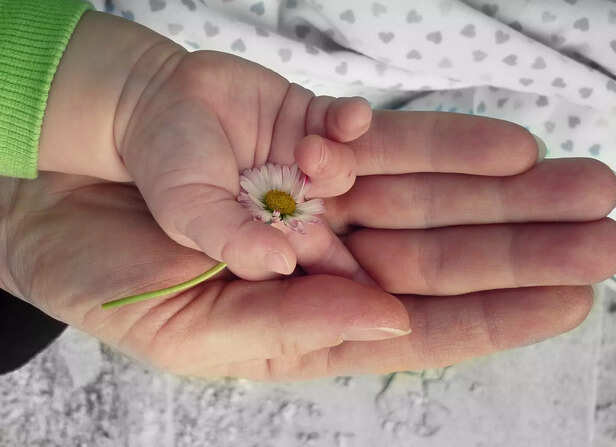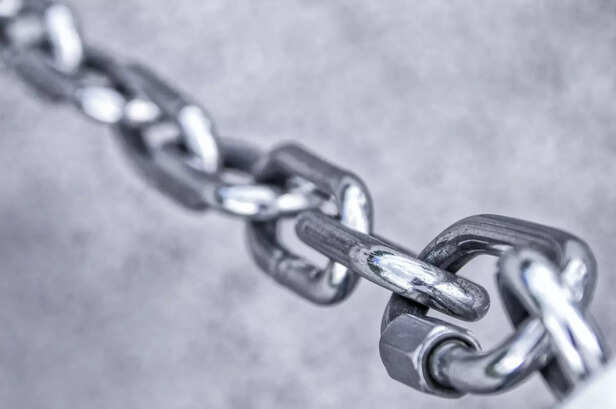How Toxic Parenting Hurts Children’s Mental Health
Rinki | Aug 30, 2025, 18:13 IST
Crying child
( Image credit : Pixabay )
Toxic parenting means parents hurt their children emotionally by being controlling, critical, or neglectful. This can make children feel sad, scared, or unimportant. It affects their mental health and how they trust and relate to others later in life. Toxic parenting can also harm a child’s learning and growth. But with help and support, children can heal and build a happy, healthy future.
Parents are supposed to love and support their children. But sometimes, parents can act in ways that hurt their children emotionally and mentally. This is called toxic parenting. Toxic parenting includes things like harsh words, too much control, or ignoring a child’s feelings. When this happens, it can leave deep wounds that affect how a child feels about themselves and how they relate to others, even when they grow up.

Toxic parenting means parents behave in ways that harm their child’s feelings and self-worth. This can be through constant criticism, yelling, ignoring, or controlling every part of the child's life. Toxic parents might not allow their kids to express themselves or make choices. This can make children feel powerless and scared.

Children with toxic parents often feel sad, anxious, or worried all the time. They might believe they are not good enough because their parents often criticize or blame them. This can lead to low self-esteem where children don’t believe in themselves. Some children may even feel depressed or scared to talk to others about their feelings.

Growing up in a toxic home can cause serious mental health problems. These include anxiety, depression, and sometimes even post-traumatic stress disorder (PTSD) if the abuse was severe. Children from toxic families might feel alone and find it hard to trust others. Their minds are filled with fear and confusion instead of safety and love.

Children who grew up with toxic parents may have troubles in their own relationships later in life. They might not know how to trust or communicate well with others. Some might fear rejection or become overly controlling themselves because this is what they learned at home. Others might avoid relationships to protect themselves from pain.

Toxic parenting can also harm a child’s success in school and future work. When a child is always worried or stressed about their parents, it’s hard for them to focus on studying or making friends. They might avoid school, lose interest in learning, or feel less motivated, which can affect their future.

The good news is that toxic parenting does not have to control a child’s future forever. Children can learn to heal by talking to trusted adults or professionals like counselors. Setting boundaries and building self-love helps children grow stronger emotionally. Parents can also seek help to change their ways and create a healthier home.
Toxic parenting leaves lasting marks on a child’s heart and mind. It can cause emotional pain, damage mental health, and make future relationships hard. But by understanding the problem and seeking help, children can heal and build a happier, healthier life. No one deserves to live in fear or doubt, and with support, it is possible to break free from the negative effects of toxic parenting.
Explore the latest trends and tips in Health & Fitness, Spiritual, Travel, Life Hacks, Trending, Fashion & Beauty, and Relationships at Times Life!
1. What Is Toxic Parenting?

Hands
( Image credit : Pixabay )
Toxic parenting means parents behave in ways that harm their child’s feelings and self-worth. This can be through constant criticism, yelling, ignoring, or controlling every part of the child's life. Toxic parents might not allow their kids to express themselves or make choices. This can make children feel powerless and scared.
2. Emotional Effects on Children

Emotional Impact
( Image credit : Pixabay )
Children with toxic parents often feel sad, anxious, or worried all the time. They might believe they are not good enough because their parents often criticize or blame them. This can lead to low self-esteem where children don’t believe in themselves. Some children may even feel depressed or scared to talk to others about their feelings.
3. Impact on Mental Health

Bad Mental Health
( Image credit : Pixabay )
Growing up in a toxic home can cause serious mental health problems. These include anxiety, depression, and sometimes even post-traumatic stress disorder (PTSD) if the abuse was severe. Children from toxic families might feel alone and find it hard to trust others. Their minds are filled with fear and confusion instead of safety and love.
4. How Toxic Parenting Affects Relationships

Arguments
( Image credit : Pixabay )
Children who grew up with toxic parents may have troubles in their own relationships later in life. They might not know how to trust or communicate well with others. Some might fear rejection or become overly controlling themselves because this is what they learned at home. Others might avoid relationships to protect themselves from pain.
5. Effects on Learning and Growth

Growth
( Image credit : Pixabay )
Toxic parenting can also harm a child’s success in school and future work. When a child is always worried or stressed about their parents, it’s hard for them to focus on studying or making friends. They might avoid school, lose interest in learning, or feel less motivated, which can affect their future.
6. Breaking the Cycle and Healing

Chain
( Image credit : Pixabay )
The good news is that toxic parenting does not have to control a child’s future forever. Children can learn to heal by talking to trusted adults or professionals like counselors. Setting boundaries and building self-love helps children grow stronger emotionally. Parents can also seek help to change their ways and create a healthier home.
In final analysis
Explore the latest trends and tips in Health & Fitness, Spiritual, Travel, Life Hacks, Trending, Fashion & Beauty, and Relationships at Times Life!
Frequently Asked Questions (FAQs)
- What is toxic parenting?
Toxic parenting means parents hurt their children emotionally with controlling, harsh, or neglectful behavior that damages a child’s feelings and growth. - How does toxic parenting affect children?
It makes children feel sad, scared, and unimportant, causing low self-esteem, anxiety, and trouble trusting others. - Can toxic parenting affect mental health?
Yes, it can lead to anxiety, depression, and difficulty in trusting and connecting with people. - Does toxic parenting impact children’s future relationships?
Yes, children may struggle to trust or form healthy bonds due to past emotional pain. - Can toxic parenting be changed or healed?
Yes, with help from counselors and support, both parents and children can heal and build better relationships.
